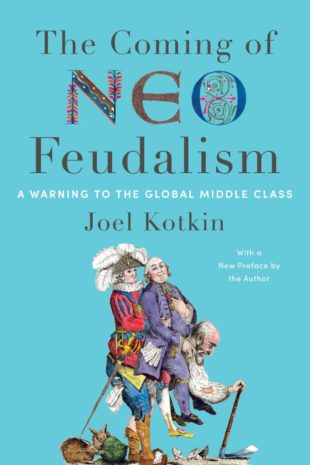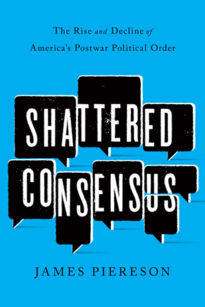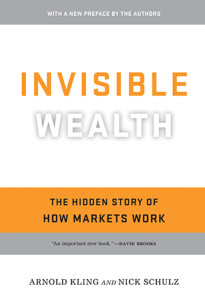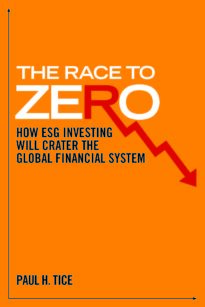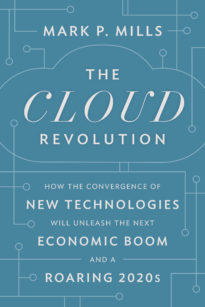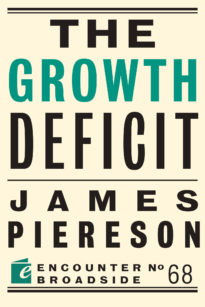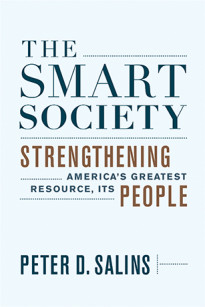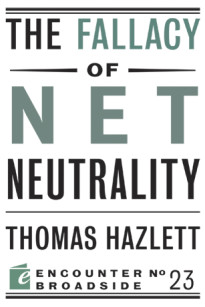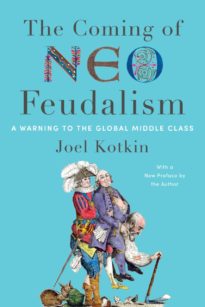An author should be pleased to see his thesis bolstered by events, but it’s hard to find joy in the confirmation I have seen since completing this book in 2020. The key events of these past two years—the coronavirus pandemic, the growing disorder in our streets, and Russia’s brutal imperialistic war on Ukraine—all testify to the regression away from liberal democracy that prompted me to write the book in the first place.
There is room for debate over what the right policy response to Covid-19 would have been, but as a practical matter the pandemic widened the divide between oligarchic elites and everyone else, not just in the United States but around the world. Everywhere, it was the working and middle classes who suffered the most. Some industries, such as restaurants and hospitality, were hit especially hard, as were all variety of small businesses. As late as April 2022, more than two years after the pandemic began, two-thirds of small businesses in the United States were still struggling, while hundreds of thousands had closed down. Schoolchildren, particularly from the poor and working class, suffered both from lost learning and from social isolation. On the other hand, people who could work remotely—mostly college-educated, in white-collar jobs—were not greatly affected.
Some groups actually profited from the pandemic. The tech giants were obvious winners as they promoted what the leftist author Naomi Klein called “the Screen New Deal,” an effort to create a “permanent and profitable no-touch future.” Apple, Alphabet (parent company of Google), Amazon, Microsoft, and Facebook (now Meta Platforms) enjoyed record-breaking profits, adding more than $2.5 trillion to their combined valuations by the end of July 2020. Earnings may have fallen off since then, but these companies remain among the richest and most powerful on the planet—four of them among the top five. Another clear winner is Big Pharma. In May 2021, Pfizer alone was projected to gain $26 billion in revenue from its coronavirus vaccine by the end of the year, and its revenue increases continued into the first quarter of 2022.
Besides creating winners and losers within the advanced nations, Covid also sharpened differences between the richer and poorer countries of the world. The pandemic was devastating to the poorest countries—those that had not developed the industrial capacity so critical to East Asia’s rise in the past half century. In Africa and other poor regions, the already large “reserve armies of the unemployed” (to paraphrase Karl Marx) swelled to destabilizing levels. In addition, several countries in Latin America, Africa, and the Middle East have defaulted on long-term loans, and more may follow.
The political fallout from the pandemic has also been unsettling, even in western nations. Covid-19 certainly demanded a strong response as hospitals were overwhelmed, the death toll soared, and medical professionals succumbed to the virus. The accelerated production of vaccines was a commendable part of that response. But there was a marked tendency among officials almost everywhere to sidestep normal democratic procedures in making policy. Draconian measures were adopted, sometimes arbitrarily. As the pandemic dragged on, temporary mandates became entrenched for years without ever getting the popular approval that should be required at some point. All this undermined the principle of a self-governing population.
